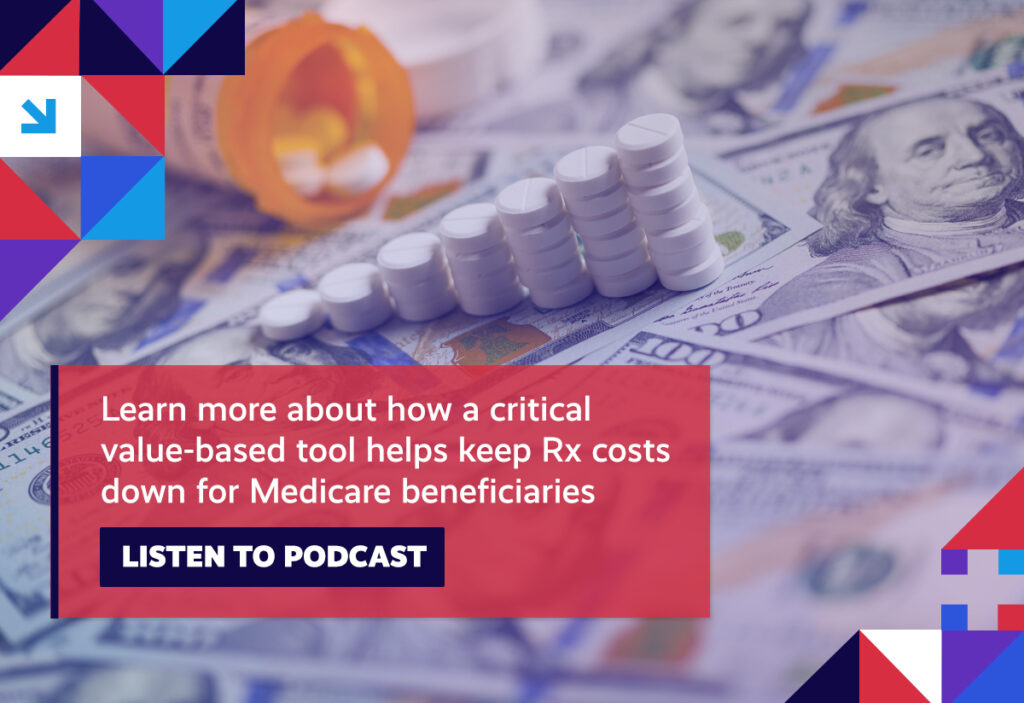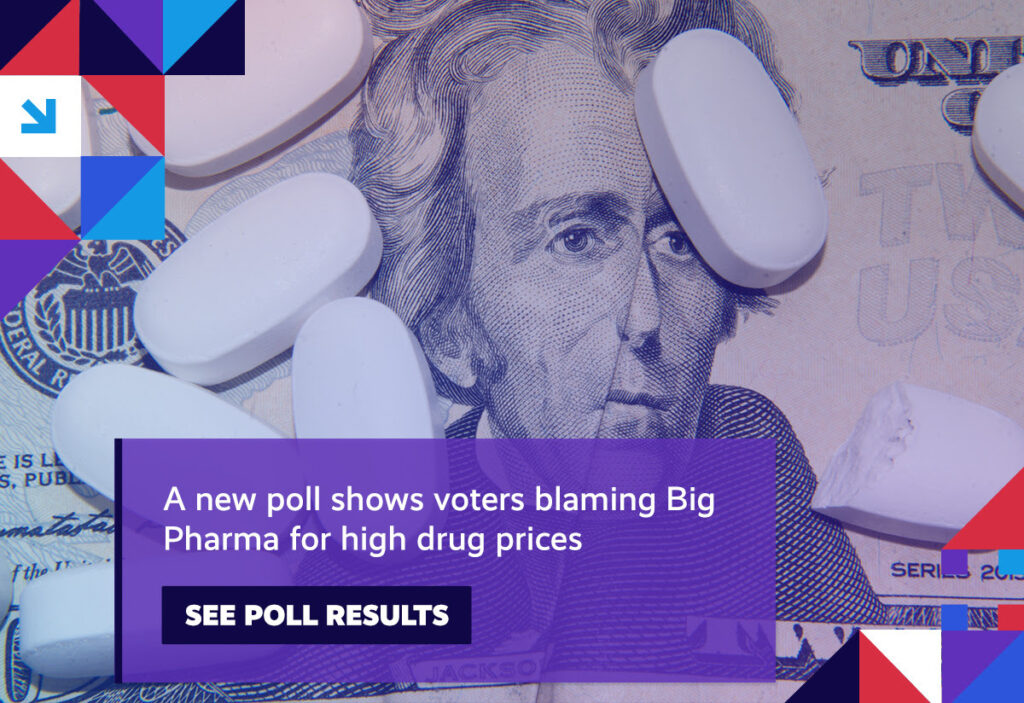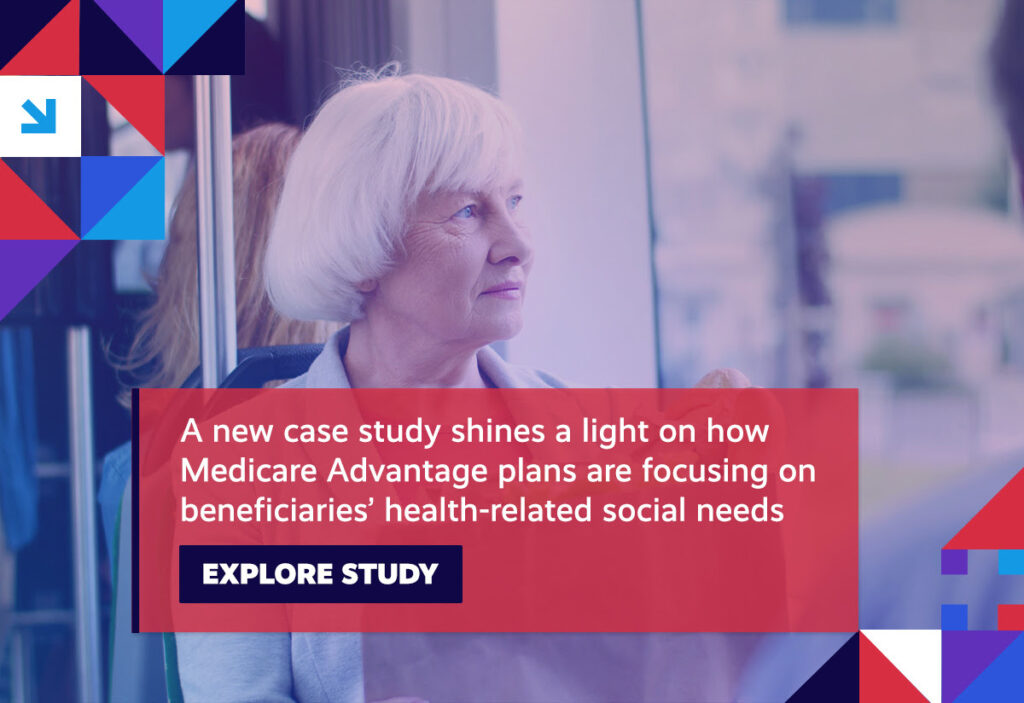Pharmaceutical manufacturers raise prices on hundreds of drugs; meanwhile, hospital drugs are projected to see price increases of their own; a new study shows the impact of provider market concentration on consumers’ healthcare costs; and, Medicaid continues to play a critical role in the health of America’s children.
We encourage you to stay involved as implementation efforts surrounding healthcare reform progress. Visit the Health Action Network and be sure to let us know what’s on your mind.
Item of the Week

Week in Review
Rx Price Hikes: As previously covered, drugmakers wasted no time last month raising prices on hundreds of medicines, as they have continually done at the beginning of each new year. In fact, by the time the dust settled at the end of January, the prices of more than 800 drugs had gone up by an average of 5.1 percent. While the number of drugs experiencing price hikes was in line with last year’s flurry of increases, the amount by which drugs went up was half a percentage point higher this year. Meanwhile, a pair of new polls shows that the large majority of Americans not only know who’s responsible for high drug prices, but want lawmakers to do something about it. The first poll, released by the Coalition for Affordable Prescription Drugs, shows that 4-in-5 Americans want Congress to take action against drug companies for setting high prices – with 65 percent pinning the blame for those prices on the drugmakers themselves. The second poll, released by the Campaign for Sustainable Rx Pricing, shows that over 9-in-10 voters say prescription drug prices will be an important issue for them in this year’s midterm elections. In addition to also overwhelmingly identifying drugmakers as the source of the issue (87 percent of voters), nearly a quarter of respondents (23 percent) said that they or a family member face financial insecurity as a result of high drug prices.

Hospital Rx Prices: Separately, driven in part by COVID treatments, hospital drug prices are also projected to increase this year. According to a recent market outlook, beginning later this year, prices for hospital drugs are expected to go up by more than 3 percent. A growing body of research has shown that hospitals routinely mark up drug prices, with data suggesting that the average increase is at least 250 percent, which only serves to reinforce the already established narrative regarding the extreme variability in the pricing decisions made by hospitals for drugs. This latest data draws attention to how the increased utilization of high-priced medicines is driving up healthcare costs for everyone.
Private Equity: A new report from the Congressional Budget Office (CBO) illustrates just how important the new surprise medical billing protections are for consumers. The CBO analysis shows how private equity interests have exploited their increased market power to demand higher prices from payers, employers, and, ultimately, consumers, often resulting in the surprise medical bills that had blindsided patients before the new surprise medical billing rules protecting consumers went into effect at the start of the year. According to the report, between 2013 and 2018, the prices charged by hospitals and providers for their services increased by nearly 3 percent each year, faster than the average rate of inflation over that same period. One of the factors behind those rising prices was the increased concentration of market power between hospitals and providers, which, CBO researchers suggested was evidence of the growing influence of private equity firms to leverage market power to raise prices. This is of increasing importance as those same private equity interests have sought to protect this ability to extract maximum profits from the healthcare system by dismantling the consumer safeguards enacted by the new surprise medical billing law using flawed legal arguments.
Medicaid: The Medicaid program now covers about 1-in-5 Americans, making it the largest healthcare program in the country. That population includes the nearly 40 million children – including those with special health needs – who are enrolled in Medicaid and the Children’s Health Insurance Program (CHIP). By enrolling in these programs, studies have shown that these children are able to access high-quality care that leads to improved health outcomes. Additionally, children enrolled in CHIP are more likely to receive the preventive and medical care that’s so critical in ensuring overall health and wellbeing, including well visits and dental exams.
Spotlight

| You can keep up with the latest by following the Health Action Network on Twitter and by liking us on Facebook. And, be sure to check us out on LinkedIn, too. As always, let us know if there’s something you’d like to see covered in a future newsletter. |
